Recommending 5 non-fiction titles to get you into reading the genre

Coming from a STEM background, non-fiction was scientific journals and studies, which I had slogged through for our research subjects. Long story short, they were tough to read. I switched tracks since then, but the initial impression I had of non-fiction books was still the same. However, these five non-fiction titles helped me overcome the hurdle of reading in this genre. Reading non-fiction can be fun, and easy, and you learn something new in the end, so what’s not to like?
Recommending 5 non-fiction titles to get you into reading the genre
Jon Ronson’s So You’ve Been Publicly Shamed
Jon Ronson’s So You’ve Been Publicly Shamed is the first non-fiction book I read outside of school. I picked up an ebook copy because the premise was interesting. It was a surprisingly quick read, because of its relatable and intriguing subject matter: cancel culture.
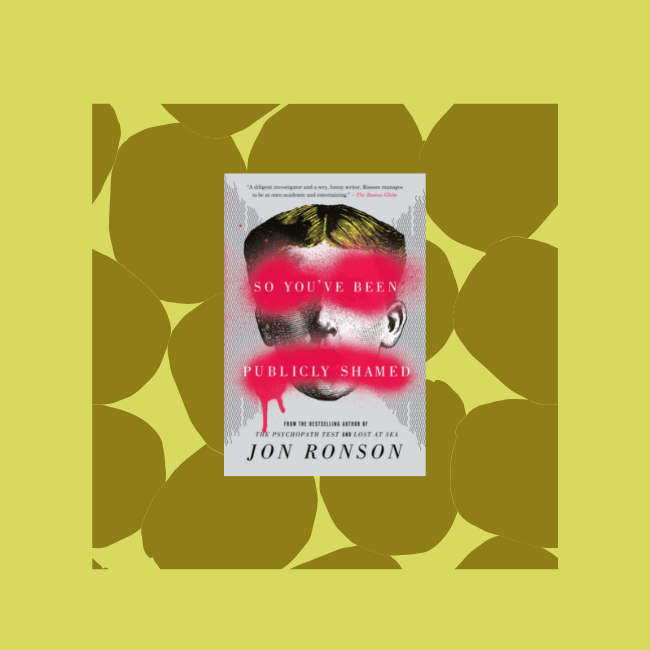
Even though it was written in 2015. its lessons still ring true today. As a reader, the book was an adventure for the author as he tried to unravel the similarities and reasons for different people who were publicly shamed.
I got secondhand embarrassment from reading some of the stories and certainly winced at what happened to them. After reading the book, its humorous prose and the author’s conclusion definitely lingered in my mind.
Malcolm Gladwell’s Blink
I finished reading Outliers, a book written by the same author last month. Afterward, I was compelled to pick up another novel of his. While the author’s work is more reminiscent of my old science books, it is packaged in a way that is gripping and easily understandable.
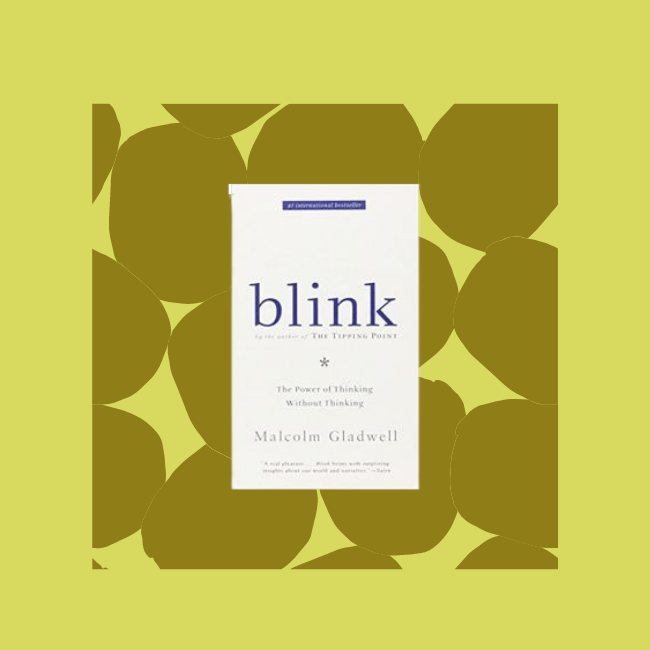
Blink: The Power of Thinking without Thinking is a book about the instant choices we make. Thinking without thinking seems simple at first but more complicated once you start deconstructing it.
It gives insight into why people’s decision-making skills by utilizing different careers and stories and how the best decisions are the ones that are most difficult to explain to others.
Amy S. Wilensky’s Passing for Normal
Memoirs are also under the non-fiction genre. I think this genre is a hit or miss for readers, it really depends on the memoir you’ll read. If you have read Anne Frank’s memoir and are interested to read more of such, this book is a great next step.
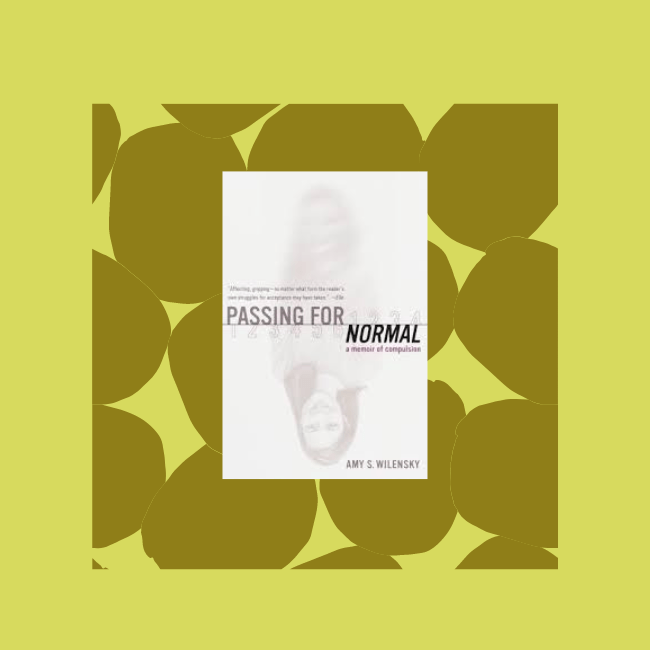
Passing for Normal is a memoir about Wilensky’s battle with compulsion and tics throughout her life and how it affects the relationships around her: with her family, friends, and herself.
It’s an emotional, and humorous account of her misunderstood disorders Tourette’s syndrome and obsessive-compulsive disorder that ultimately asks its readers to challenge what they think is “normal”.
Ryan Holiday’s Ego
I know what you’re thinking, self-help books are often a hard sell for readers. Self-help books are like shoes, you need to try them on first to see if it fits. I think that there’s a specific kind of self-help book for every person depending on their taste and the distance they’ll go in taking the author’s advice.
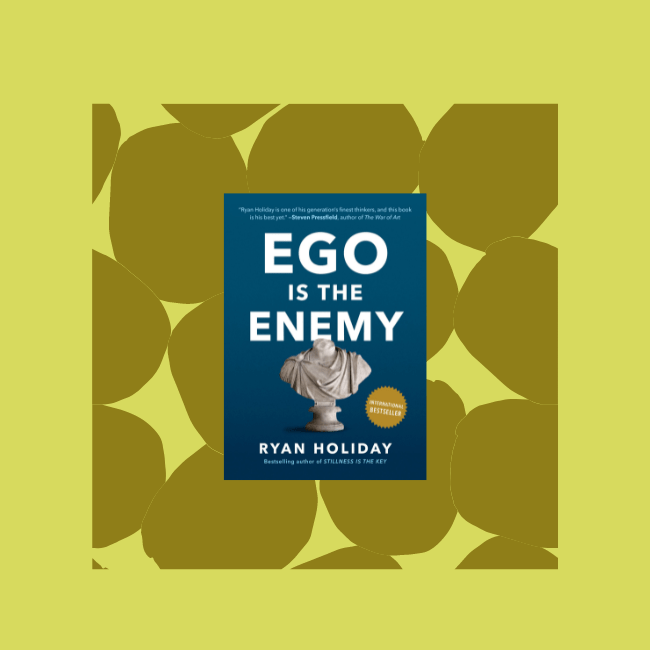
Ego is the Enemy is similar in the sense that it isn’t everyone’s cup of tea. I found it difficult to finish reading, but the book itself is rewarding on its own. It is divided into three parts: Aspire, Success, and Failure – and talks about the cycle of success a person goes through.
The author is charismatic on the page and reading the book was an experience, to say the least. I haven’t actually finished reading this one yet, because I’m stuck on the part about failure, which has always been a topic I’m hesitant about.
Ricky Lee’s Trip to Quiapo
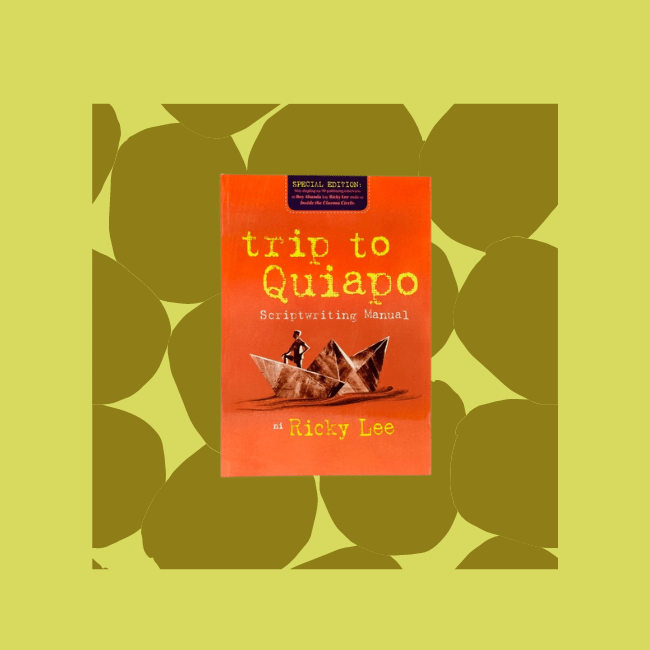
You don’t have to be a writer to enjoy reading about Trip to Quiapo. This scriptwriting manual may be required reading for any aspiring writer, but you can also read it casually as a reader who knows nothing about scriptwriting.
The tone and language of the author are both clear, personal, and entertaining. I think humor is best when used to teach others, and certainly, Ricky Lee knows what he’s talking about.
There’s also the bonus that if you don’t know what to watch, you can just pick any movie from this book. The book utilizes 18 excerpts from different produced scripts and screenplays. There are also critical advice and interviews from over 60 other scriptwriters, directors, and producers.





